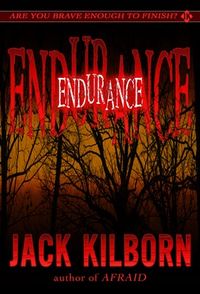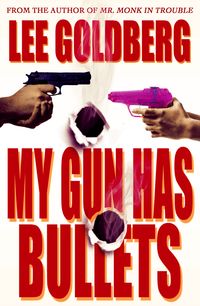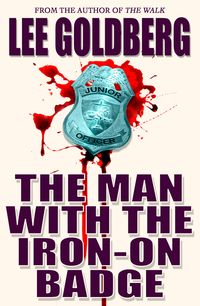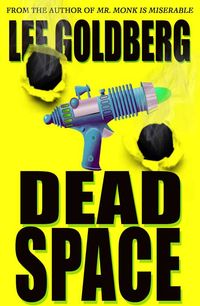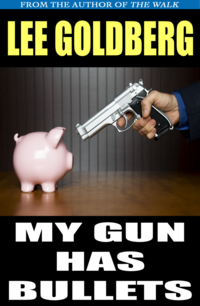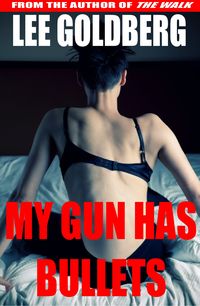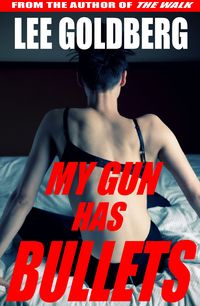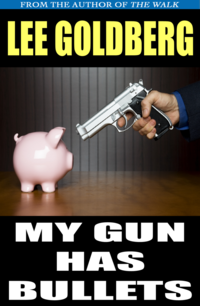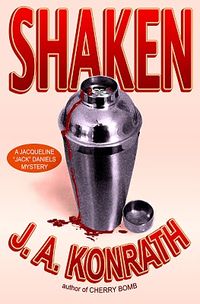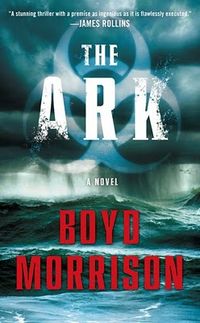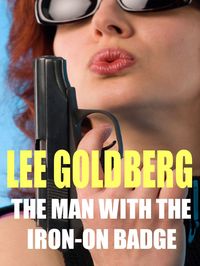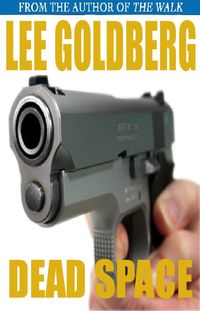With so many ways for aspiring writers to self-publish their books, Laura Miller at Salon says the slush pile of millions of rejected manuscripts is about to go public…but will readers have the stomach for it?
People who have never had the job of reading through the heaps of unsolicited manuscripts sent to anyone even remotely connected with publishing typically have no inkling of two awful facts: 1) just how much slush is out there, and 2) how really, really, really, really terrible the vast majority of it is. Civilians who kvetch about the bad writing of Dan Brown, Stephenie Meyer or any other hugely popular but critically disdained novelist can talk as much trash as they want about the supposedly low standards of traditional publishing. They haven't seen the vast majority of what didn't get published — and believe me, if you have, it's enough to make your blood run cold, thinking about that stuff being introduced into the general population.
[…]It seriously messes with your head to read slush. Being bombarded with inept prose, shoddy ideas, incoherent grammar, boring plots and insubstantial characters — not to mention ton after metric ton of clichés — for hours on end induces a state of existential despair that's almost impossible to communicate to anyone who hasn't been there themselves: Call it slush fatigue
So what happens to the book business when readers, who've filled their Kindles with $1.99 slush, discover that most of it is unreadable drivel? What will the backlash be?
A few days of reading bad manuscript after bad manuscript has a tendency to make you never want to pick up another manuscript again, but when finding new talent is your job and your vocation, you keep at it until you're successful enough to hire someone else to do it for you. If, on the other hand, you're a civilian, and reading is something you turn to, seeking fun or transcendence, during your precious hours of free time, how long will you persist when book after book has exactly the opposite effect, crushing your spirit instead of refreshing it? How long before you decide to just give up?
Some argue that readers and bloggers will spread the word about what is good or bad, and the market will become self-correcting. The sludge will quickly be identified, as well as the few genuinely terrific books buried amidst it all. But Miller argues we are just trading one set of gatekeepers (publishers, editors, "elite" literary critics) for a new set (bloggers, pundits, self-annointed experts).
Perhaps this system will work better, but I'm not so sure. Contrary to the way they're often depicted by frustrated authors, the agents and editors I've met are in fact committed to finding and nurturing books and authors they believe in as well as books that will sell. Also, bloggers or self-appointed experts on particular genres and types of writing are, in my experience, just as clubby and as likely to plug or promote their friends and associates as anybody else. Above all, this possible future doesn't eliminate gatekeepers: It just sets up new ones, equally human and no doubt equally flawed. How long before the authors neglected by the new breed of tastemaker begin to accuse them of being out-of-touch, biased dinosaurs?



